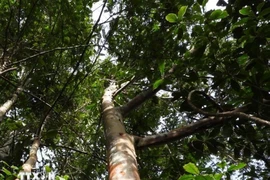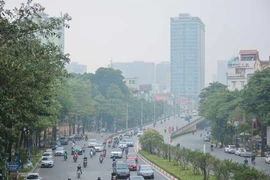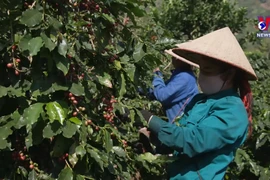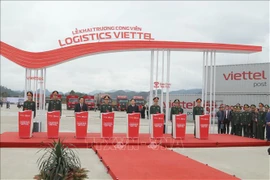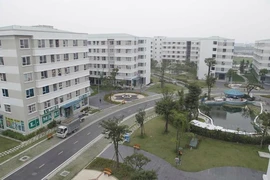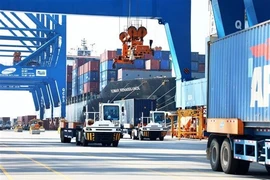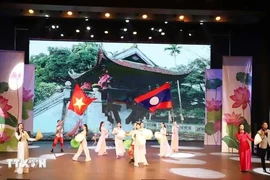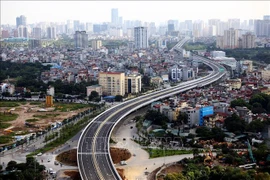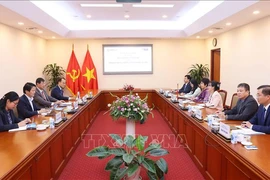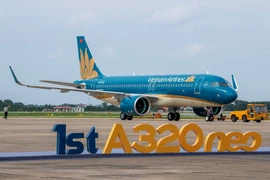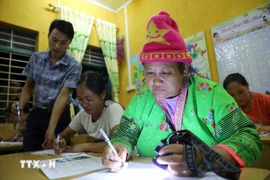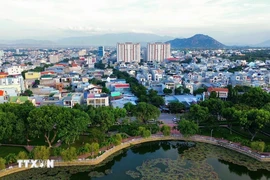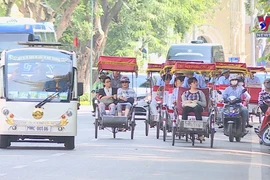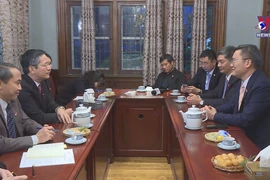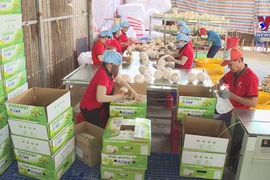Bringing the motto to life requires consistency in a foreign policy of independence, self-reliance, diversification, multi-lateralisation, and proactive and active integration into the world, and strengthening and expanding relations and proactively participating in common efforts by humanity regarding the conservation and sustainable use of seas. It is also requires taking full advantage of international assistance to improve maritime management and exploitation in order to maintain a peaceful, stable, and legal maritime environment, facilitating safe and effective exploitation and use.
To realise the objectives and guidelines set the Resolution nominates foreign affairs and international cooperation as one of seven key points.
The resolution says Vietnam should continue to promote and strengthen relations with other countries, especially those with maritime potential and on the basis of respect for independence, sovereignty, equality, and mutual benefit.
It is also necessary to protect the sovereignty of seas and islands as well as safeguard the legitimate interests of countries and actively resolve disputes by peaceful means on the basis of law.
At the same time, Vietnam is also set to actively participated in international and regional forums, promotes international cooperation activities in sustainable management and the use and conservation of seas and oceans, and continue to promote cooperation and utilise support from partners and international and regional organisations to develop human resources and marine infrastructure and apply modern science and technology in the maritime field.
Over recent times, Vietnam’s foreign affairs and international cooperation efforts relating to the sea have made many achievements. Based on international law, Vietnam conducted of delimitation in the Gulf of Thailand, with Thailand, in 1997, in the Gulf of Tonkin with China in 2000, and on the continental shelf with Indonesia in 2003.
Vietnam also adopted flexible and creative solutions in the dispute settlement process, such as striking an agreement to conduct joint oil and gas exploitation with Malaysia on the overlapping continental shelf between the two countries before the 1992 delimitation, and an agreement on fisheries cooperation with China in the Gulf of Tonkin together with the signing of the 2000 delimitation agreement.
Vietnam and other ASEAN countries signed the 2002 Declaration on the Conduct of Parties in the East Sea (DOC) with China to maintain peace and stability, ensure freedom of navigation and aviation in the region, and facilitate the settlement of disputes in the East Sea.
In terms of marine cooperation, Vietnam has established an extensive international cooperation network with countries boasting strong economic, scientific, and technological potential in marine development, and with the UN and other international and regional organisations, economies, and regions.
Vietnam has also constantly expanded and strengthened its international cooperation in many different fields relating to marine development, creating a solid basis for cooperation and taking advantage of support for economic, scientific technology development, and protecting the marine environment.
The achievements in international maritime cooperation are both an expression and a specific result of the Party and the State’s sound foreign policy. In the time to come, on the basis of thoroughly grasping the principles and mottos in Resolution No 36 and promoting the achievements and lessons learned in recent years, sectors, levels, and localities should promote a spirit of creativity to propose solutions, proactively strengthen and expand foreign relations and international cooperation on the sea, and successfully realise the goals of the strategy for sustainable development of Vietnam’s marine economy./.
